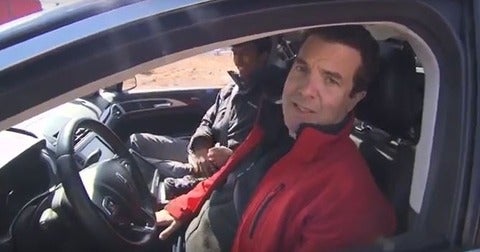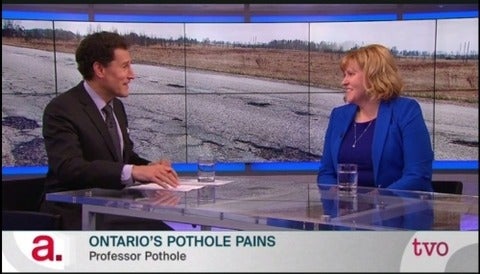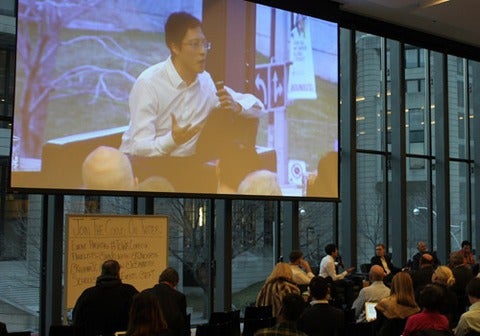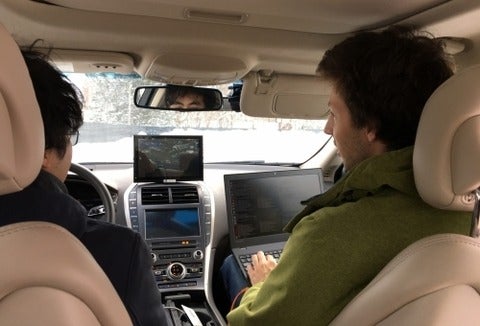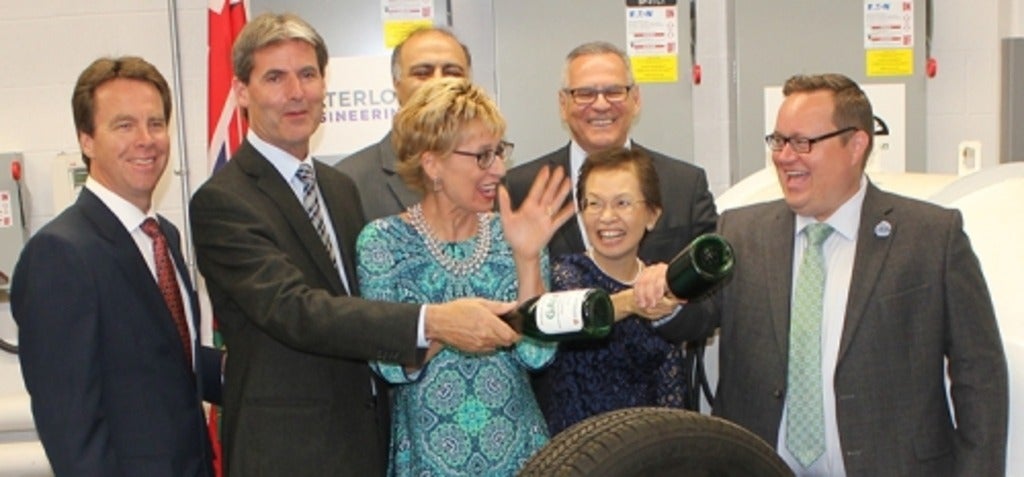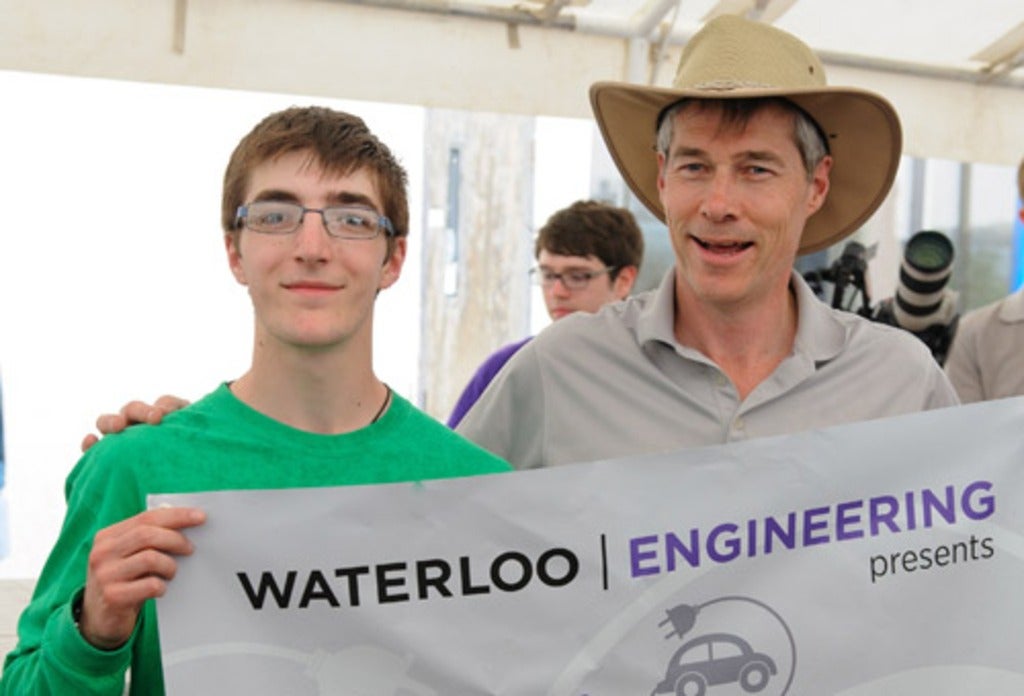Seven wonders that will change your world
Steven Waslander looks forward to his drives becoming a lot easier.
“Driving on highways and in cities is dull, time-consuming, and can be very stressful,” says Waslander, director of the Waterloo Autonomous Vehicles Laboratory (WAVELab). “I would be just as happy gazing out the window while the car does the dirty work for me.”

